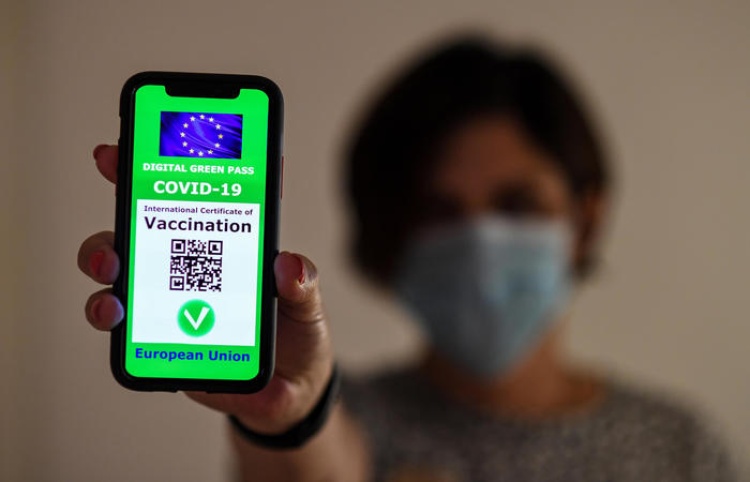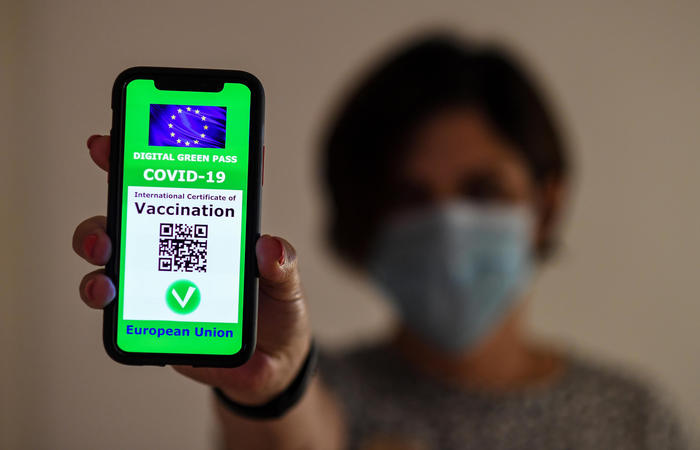The controversial mandate applies to all residents aged 50 or over in Italy, including workers in both the public and private sectors, foreign nationals and the unemployed, and will be in place until at least June 15.
The super green pass is a “reinforced” version of the original green pass and can only be obtained by those who have been vaccinated or recovered from COVID-19 within the past six months.
It is required to access restaurants, bars, cinemas, theatres, concerts, night clubs, sports stadiums and public transport.
Justifying the over-50s vaccine mandate in January, Prime Minister Mario Draghi singled out the unvaccinated as being responsible for “most of the problems” facing Italy in its fight against virus.
All other workers in Italy can for now continue to use the basic green pass, which can also be obtained via a negative COVID-19 test result, to go to work.
Those who present at their place of work without the relevant vaccine pass will be sent home or face fines of between €600 and €1500, which double in the event of a repeat violation.
After five days off work, employees will be suspended and have their pay frozen, with the time off not counted for pension contributions or accrued for holidays.
Employers caught failing to enforce the rules are subject to the fines of between €400 and €1000.
Compulsory vaccination already applies to Italy’s healthcare workers, police, teachers, the military and university staff.
More than 88 per cent of Italy’s population over the age of 12 has been vaccinated and 35 million people have received a third dose.











